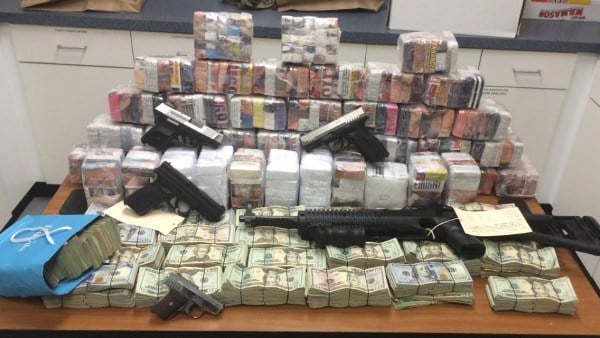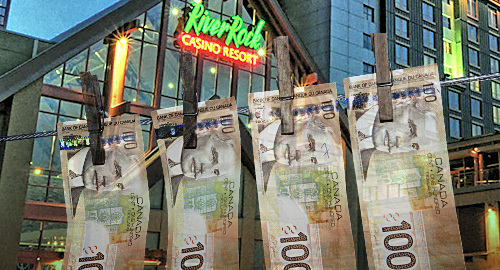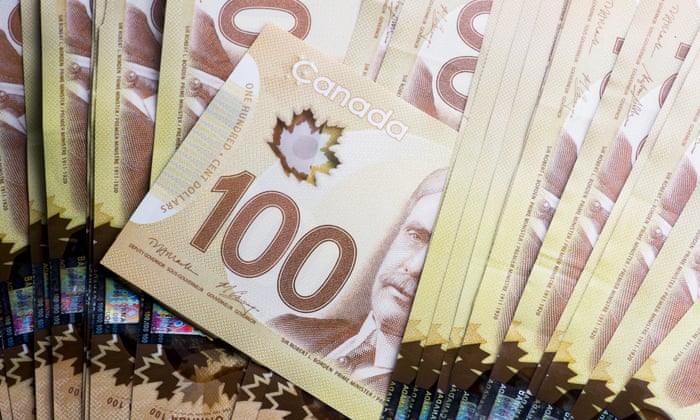Casino Money Laundering Cases
- Casino Money Laundering Cases Involving
- First Case Of Money Laundering
- Casino Money Laundering Cases In America
- Money Laundering Through Casinos
- Money Laundering Cases Us
- Casino Money Laundering Cases
[toc]In a dramatic week for California’s world famous Bicycle Casino (the Bike), federal agents entered the casino to seize financial documents and shut down all play. A day later, on Wednesday, the casino reopened at 3 a.m. in the morning.
On Tuesday morning, Virginia Kice, Western Regional Communications Director/Spokesperson, U.S. Immigration and Customs Enforcement (ICE) stated:
It highlights the anti-money laundering (“AML”) challenges faced by a predominantly cashed-based industry, and also underscores the systemic issues that have made B.C.’s gaming industry an alleged breeding ground for money laundering: a dysfunctional, fragmented regulatory regime that lacks independence. Previously, official money laundering estimates in B.C.’s casino scandal have focused on loan sharks and gamblers using bundles of dirty cash and suspicious transactions in casino high-limit.
“A federal search warrant is being executed today by members of the Los Angeles High Intensity Financial Crime Area Task Force, which includes U.S. Immigration and Customs Enforcement’s Homeland Security Investigations; IRS Criminal Investigation; the California Department of Justice, Bureau of Gambling Control; and the United States Attorney’s office.”
The warrant was filed under seal in relation to an ongoing investigation. As a result, Kice could not comment on the “scope or nature of the investigation.”
On behalf of the casino Becky Warren said:
“We are working with authorities and currently do not have additional information,” according to the statement. As soon as the federal agents have completed their work, we will be in full operation.”
No allegations that the casino is at fault
According to unconfirmed local media reports, the investigation is related to possible money laundering at the casino.
The reports don’t suggest that the casino itself was responsible. Rather, the players may have been bringing in “dirty” cash and playing at the tables to “clean” the money.
Shortly before midnight on Tuesday, the Bike Tweeted that it would re-open in a few hours:
The Bicycle Hotel & Casino will be open and in full operation at 3am. pic.twitter.com/YU5R8GP3Oh
— Bicycle Hotel Casino (@BicycleCasino) April 5, 2017
Additionally, a notice on the casino website now says:
“The Bicycle Hotel and Casino is open and in full operation.
We are serving our customers and have resumed normal operations. Our priority is to provide a safe and fun environment for our guests.”
Echoes of an embarrassing past

Casino Money Laundering Cases Involving
The Bike has an embarrassing history, redolent of organized crime, which, even today, gives the casino a spicy atmosphere.
The casino was seized by the US government in 1990, after a jury found that $12 million of the $22 million construction cost came from Florida drug money.
In a case against one of the Bike’s founders, Sam Gilbert, the filing alleged that he and his partner came up with the idea of opening a card club specifically for the purpose of laundering money:
“The level of complicity in the money laundering plan varied among the LCP partners. The three original LCP partners – Dale Lyon, Julie Coyne, and David Pierson – were brought together in 1983 by Michael Gilbert’s father, Sam Gilbert. Sam, a wealthy Los Angeles businessman, was the first Gilbert to establish ties with the Kramer family when he befriended Benjamin Kramer’s father, Jack Kramer, in 1978. At that time, Jack Kramer and Sam Gilbert came up with the idea of building a legal card club for the purposes of laundering Benjamin Kramer’s dirty money.”
Government casino ownership was almost equally scandalous

Government ownership was also marred by scandal. So, in 1996 it sold its stake to British gaming company Ladbrokes, for $25 million.
A four-hour hearing by the US Senate permanent subcommittee on investigations included the statement by Committee Chairman William V. Roth Jr. (R-Del.) that the government’s period of ownership provided;
“one of the most bizarre stories in [the committee’s] long history of uncovering waste, fraud, and mismanagement in government programs.”
Finally, under Ladbroke’s ownership the casino returned to respectability.
The Bike is an advocate of internet poker in California
Since becoming the first casino to broadcast live poker games over the internet in their popular Live at the Bike series, the Bicycle Casino has been an advocate for internet poker.
In 2014, it joined with a coalition of other card clubs and Indian tribes to lobby for legal regulated online poker in California.
The coalition also includes the Commerce Casino, Hawaiian Gardens Casino, Morongo Band of Mission Indians and the world’s biggest online poker operator PokerStars.
California legislation to license internet poker may be quiet at the moment, but should pick up pace later in the year.
The original plan for the coalition was to launch a combined operation. The idea was for casinos to use PokerStars software and branding to offer online poker in California.
Recent versions of legislative proposals have attempted to exclude PokerStars from the market for a period. Another proposition suggested PokerStars pay a huge sum of money before obtaining a license.

If that happens, presumably the coalition, including the Bicycle Casino, will have to rethink its plans.
 Franklin Drilon
Franklin DrilonCasinos in the country are obligated to report to the Anti-Money Laundering Council (AMLC) supposed cases of money laundering, Senate Minority Leader Franklin Drilon said Sunday.
First Case Of Money Laundering
Drilon made the remark following the report of Senator Richard Gordon that Chinese nationals have brought into the country millions of dollars in cash, raising suspicions about where these amount will be used.
In a Dobol B sa News TV interview aired on GMA News TV, Drilon, author of Republic Act 9160 or the Anti-Money Laundering Act, said there is nothing wrong with foreigners bringing money into the country, so long as they declare it to the Bureau of Customs.
'Sa ating Anti-Money Laundering Law, kung aabot ng P5 milyon or $100,000 ay dapat i-report lalo na kung suspicious transaction. Dahil ang basic na prinsipyo sa Anti-Money Laundering Act 'yung tinatawag na KYC. Kailangan kilala mo ang iyong customer,' he said.
Casino Money Laundering Cases In America
'Kaya may mga identification card na kailangan bago ilipat sa casino. Kung mag-surrender kayo, bumili kayo ng chip, ang requirement ay tinatawag nating KYC or 'know your customer.' Kaya hindi dapat makalusot ito,' he added.

Money Laundering Through Casinos
Money laundering is defined under RA 9160 as 'a crime whereby the proceeds of an unlawful activity are transacted, thereby making them appear to have originated from legitimate sources.'
According to Gordon, at least 60 Chinese citizens managed to slip in cold cash amounting to millions of dollars into the country.
Such huge sums of money, he said, could be used for anomalous purposes, ranging from funding state enemies, engaging in real estate, and even for gambling.
'Puwede kang magsugal at ang talagang pakay niyan, kunwari magsusugal ka, isasauli ngayon sa 'yo, nanalo ka. Tapos ide-deposit mo sa bangko. Legal na 'yun ngayon. Puwede mo nang ipadala sa Hong Kong, i-tseke na lang,' Gordon said in a separate interview.
Drilon said casinos should report these supposed cases of money laundering in gambling.
Money Laundering Cases Us
'May obligasyon ang casino sa Anti-Money Laundering Council, at ang PAGCOR (Philippine Amusement and Gaming Corporation) ay sila ang dapat mag-supervise and monitor sa mga casino for compliance with this transaction reporting,' he said.
Gordon said the Senate blue ribbon committee, which he chairs, will hold its own investigation into the alleged money laundering acts involving Chinese nationals.
Drilon said during the hearings, casinos and the PAGCOR should be asked whether they are performing their mandate in relation to this matter.
Casino Money Laundering Cases
'Tanungin sila sa kanilang compliance sa batas against money laundering. 'Yung PAGCOR ba sinu-supervise niya itong mga casinos, at ang Anti-Money Laundering Council, ginagawa ba nila ang kanilang tungkulin dito?' he said. —Erwin Colcol/KG, GMA News
This article Casinos required to report money laundering cases to AMLC —Drilon was originally published in GMA News Online.